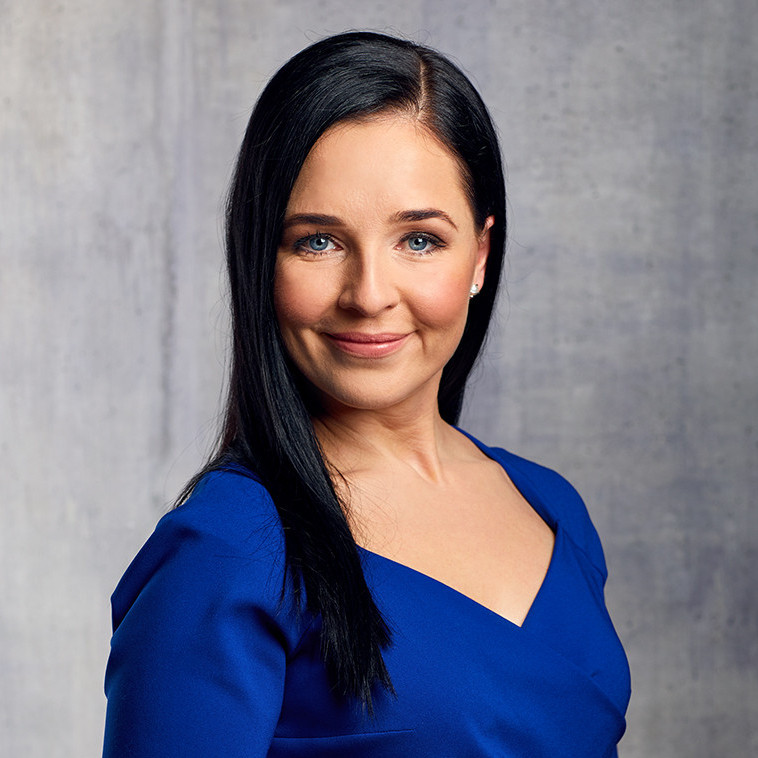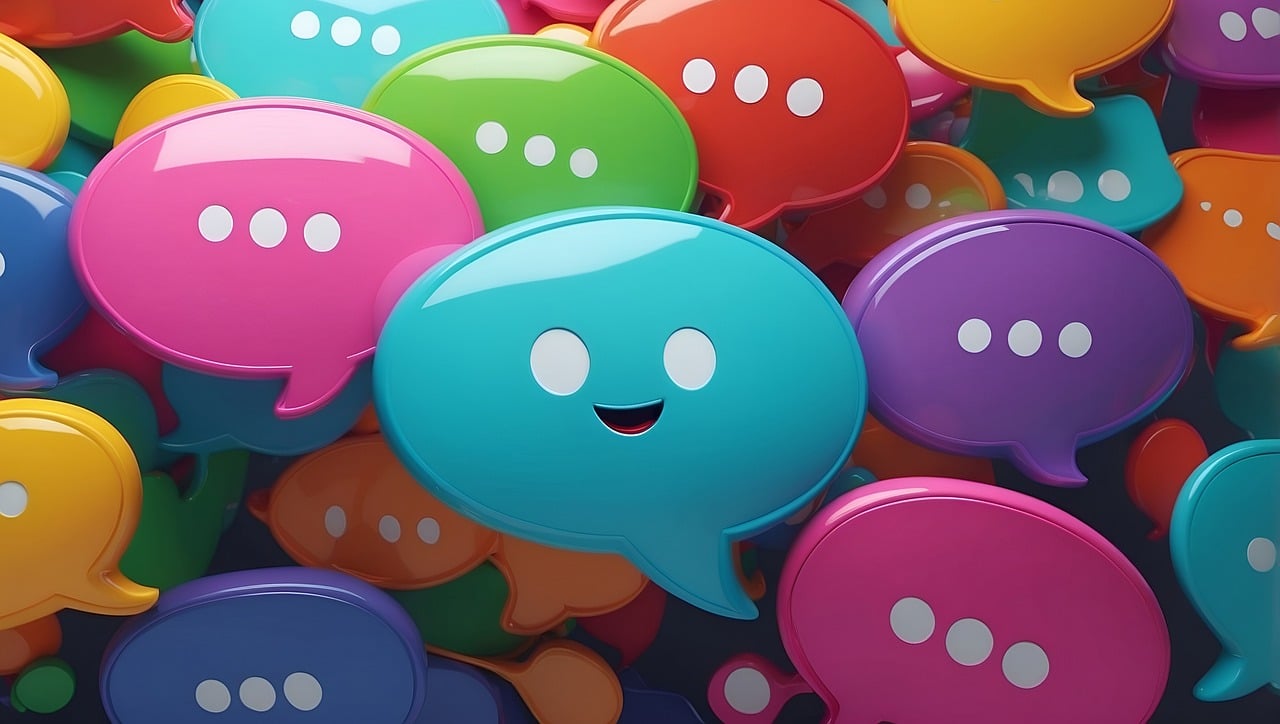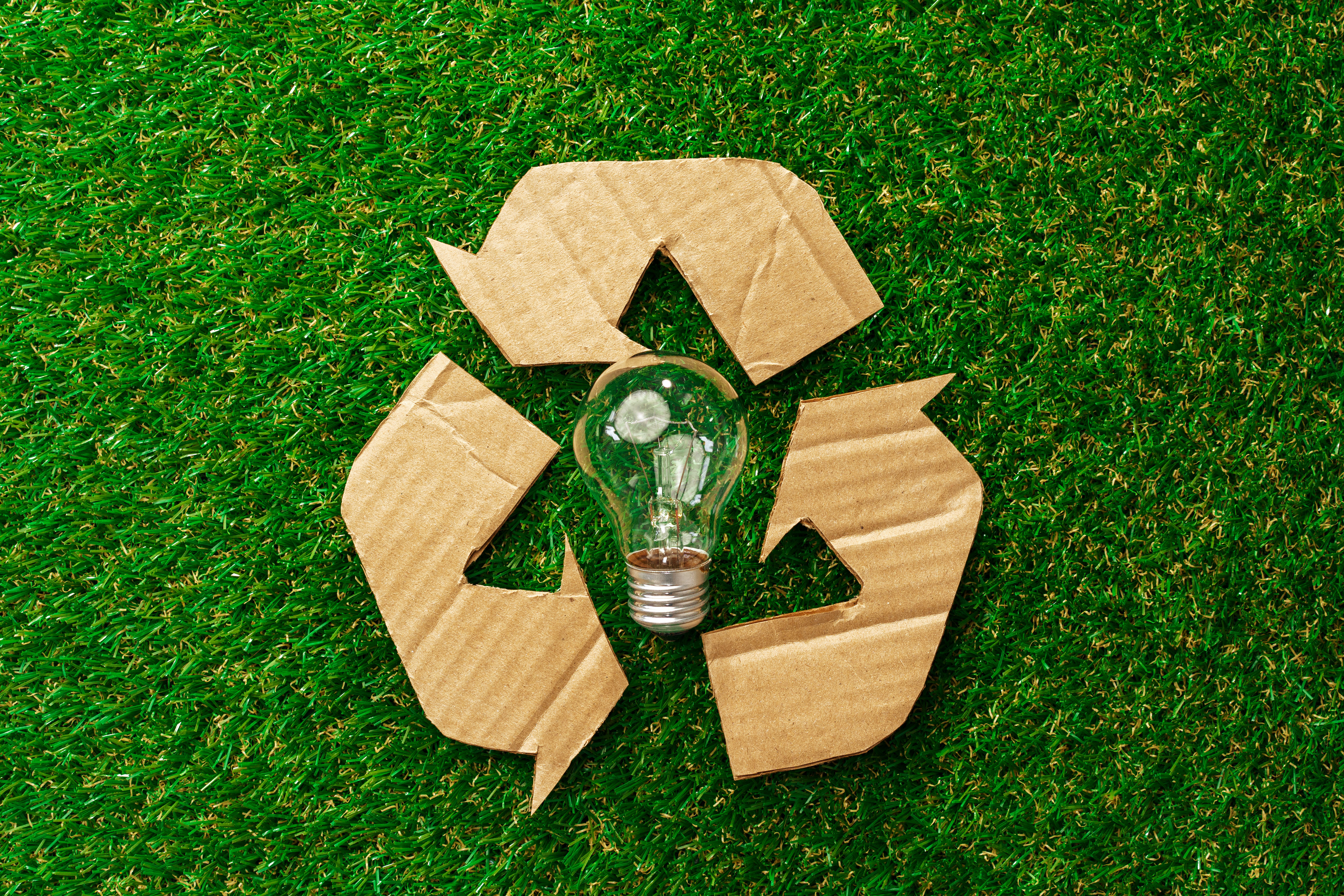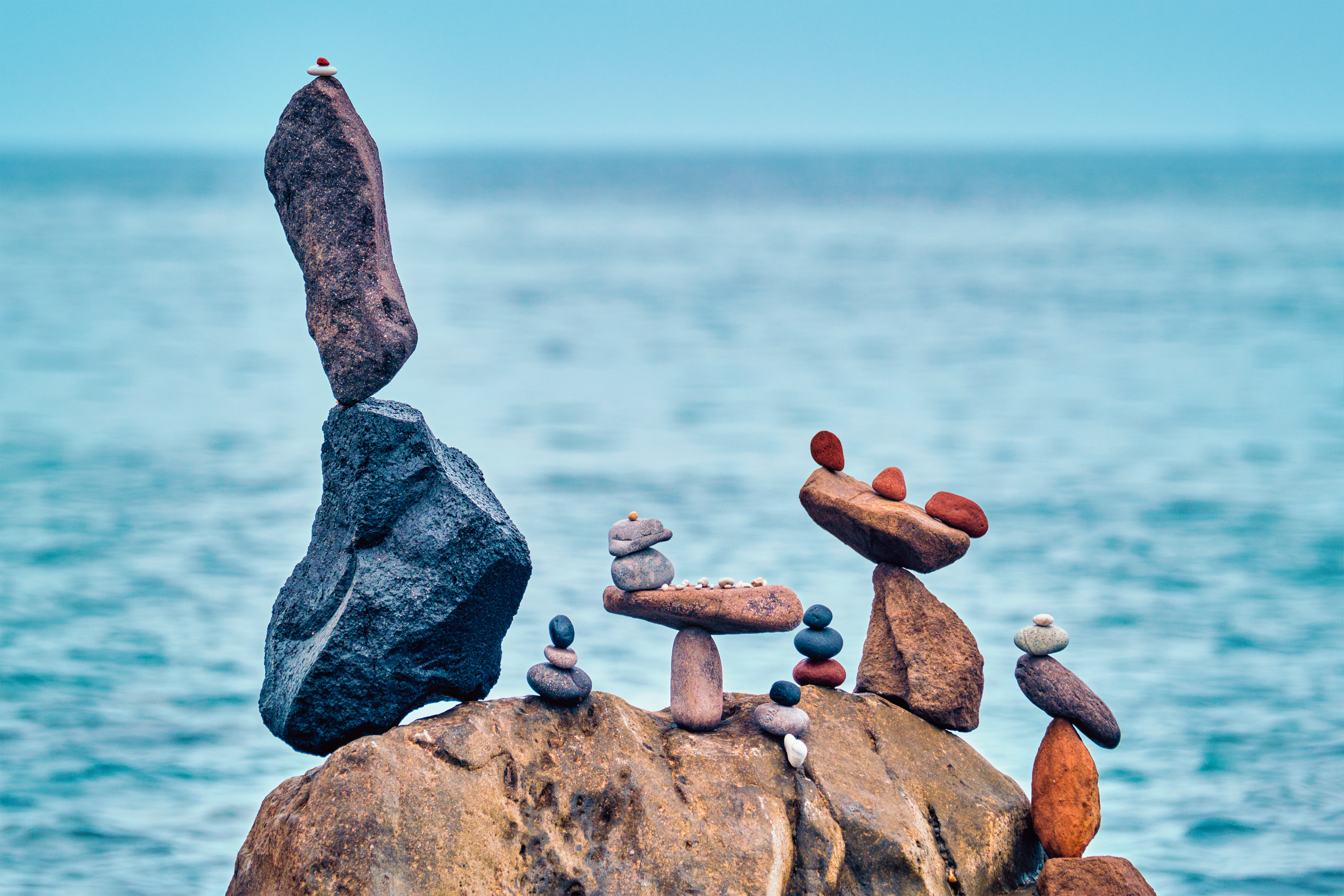Food waste is food loss occurring during the retail and final consumption stages due to the behaviour of retailers and consumers – that is, the throwing away of food.1 This definition describes well what “food waste” means in legal terms, but who knows what it means in numbers. Did you know that almost 90 million tonnes of food waste is generated annually in the EU, which is 180kg/person/year, and about 126 million tonnes a year is expected by 2020 unless actions will be taken?2
The Europe 2020 Strategy and its flagship initiative "A Resource Efficient Europe" describes that resource efficiency should be improved in the food sector and different actions need to be identified in order to halve the disposal of edible food waste in the EU by 2020.3
The European Parliament designated 2014 as the ‘European year against food waste’.
Various promotional materials have been developed by the EC to change the behaviour of the public and highlight that every single person has an important role in the reduction of food waste.
Business sector is also active in this field. Food waste is a difficult waste fraction to manage which represents high waste management costs; therefore, it requires high level expertise to transform it into renewable resources. During the past years, a wide range of projects, ideas and initiatives have been launched with the aim to manage and reduce food waste.
Novel ideas and new concepts are always appreciated in this market. A team of forward thinking experts from eight European countries – the consortium of the PlasCarb project – identified that mixed food waste could be a feedstock to manufacture products for different markets. PlasCarb, the 3-year long project co-funded under the European Union’s Seventh Framework Programme (FP7), aims to transform food waste into a sustainable source of significant economic added value, namely graphitic carbon and renewable hydrogen. If you would like to know how the PlasCarb technology will work and what the achievements of the project will be, check out the brand-new project website www.plascarb.eu.
This is how we aim to contribute to achieving EU’s food waste objectives! Of course managing food waste is not enough we have to reduce food waste. Reducing food waste is a shared responsibility and every single people need to contribute to this activity.
And what can you do as a person? Plan your shopping and check what items you have at home already, use up your leftovers, make compost, etc.!
Why not? Solutions are in front of you; you just have to grab them! Let’s reduce food waste!
1 Definition of food waste - Wikipedia
2 EPRS Briefing: Tackling food waste (2014)
3 Roadmap to a resource-efficient Europe- COM (2011) 571 final




